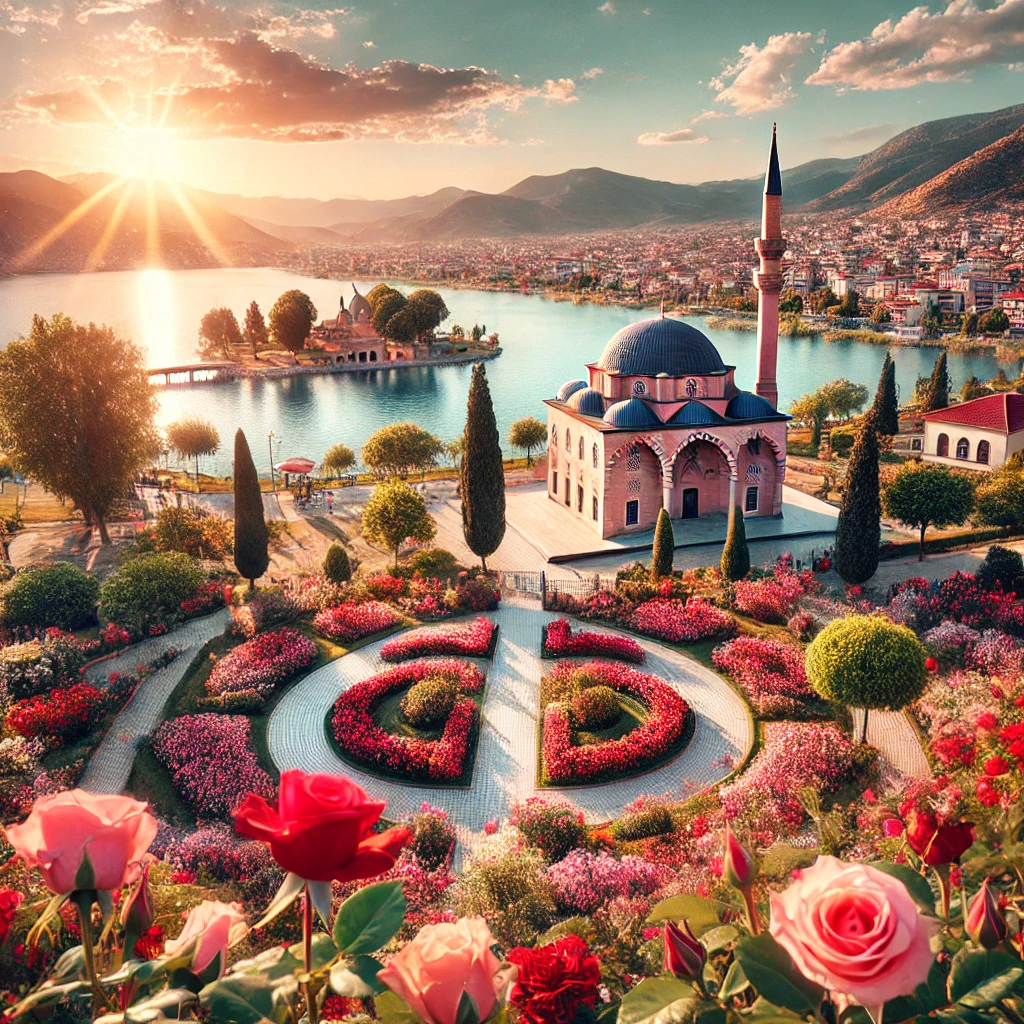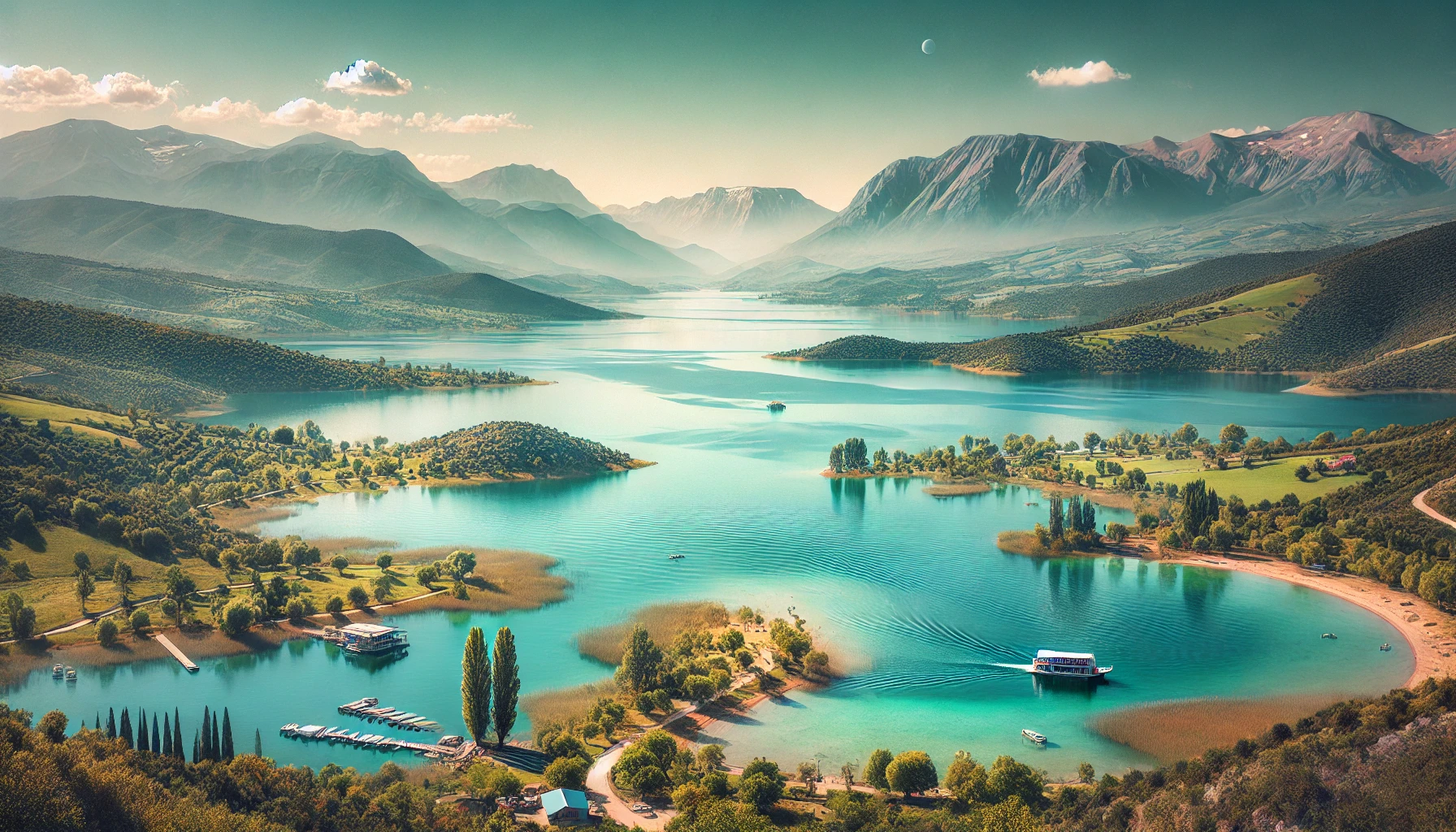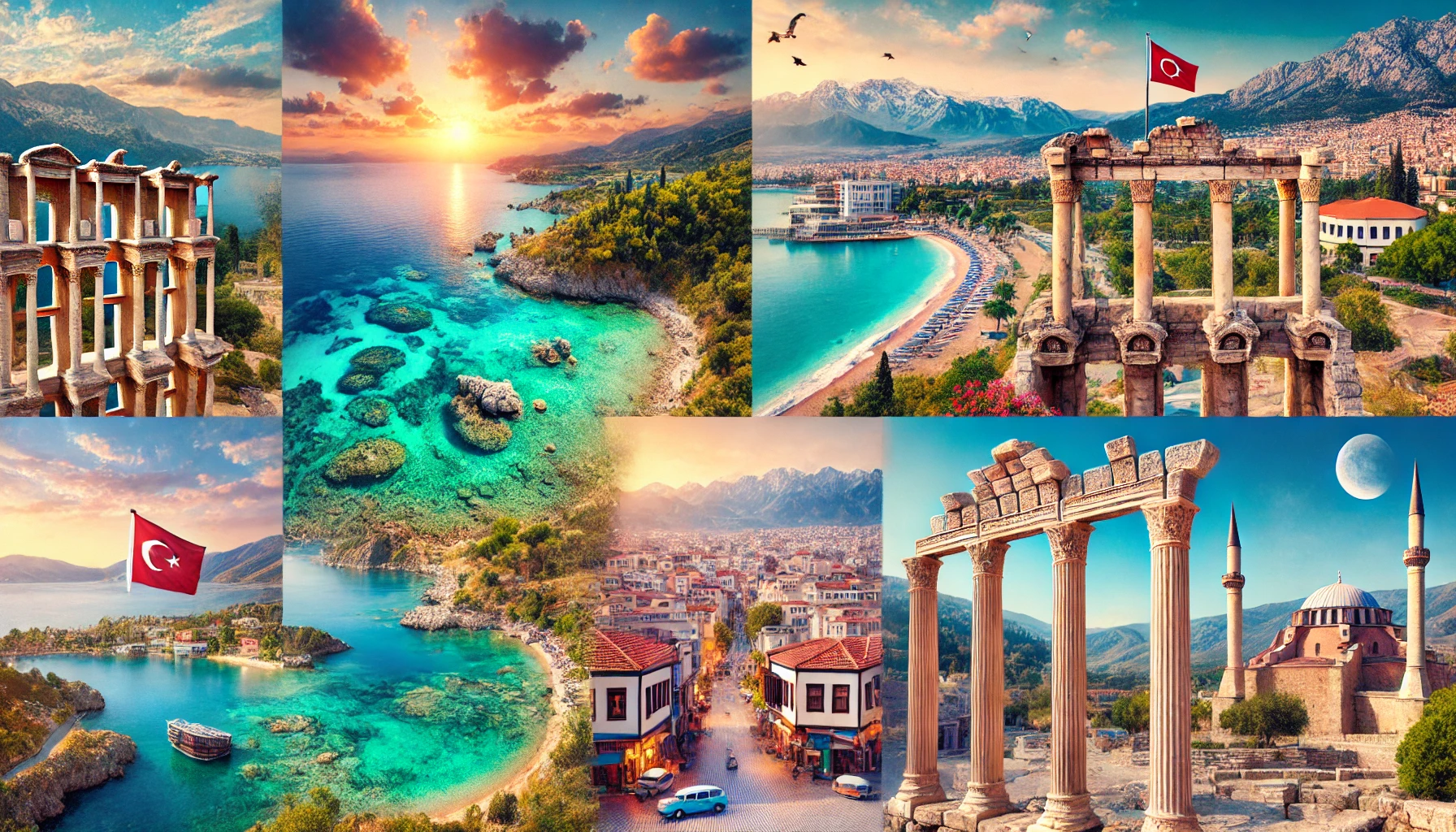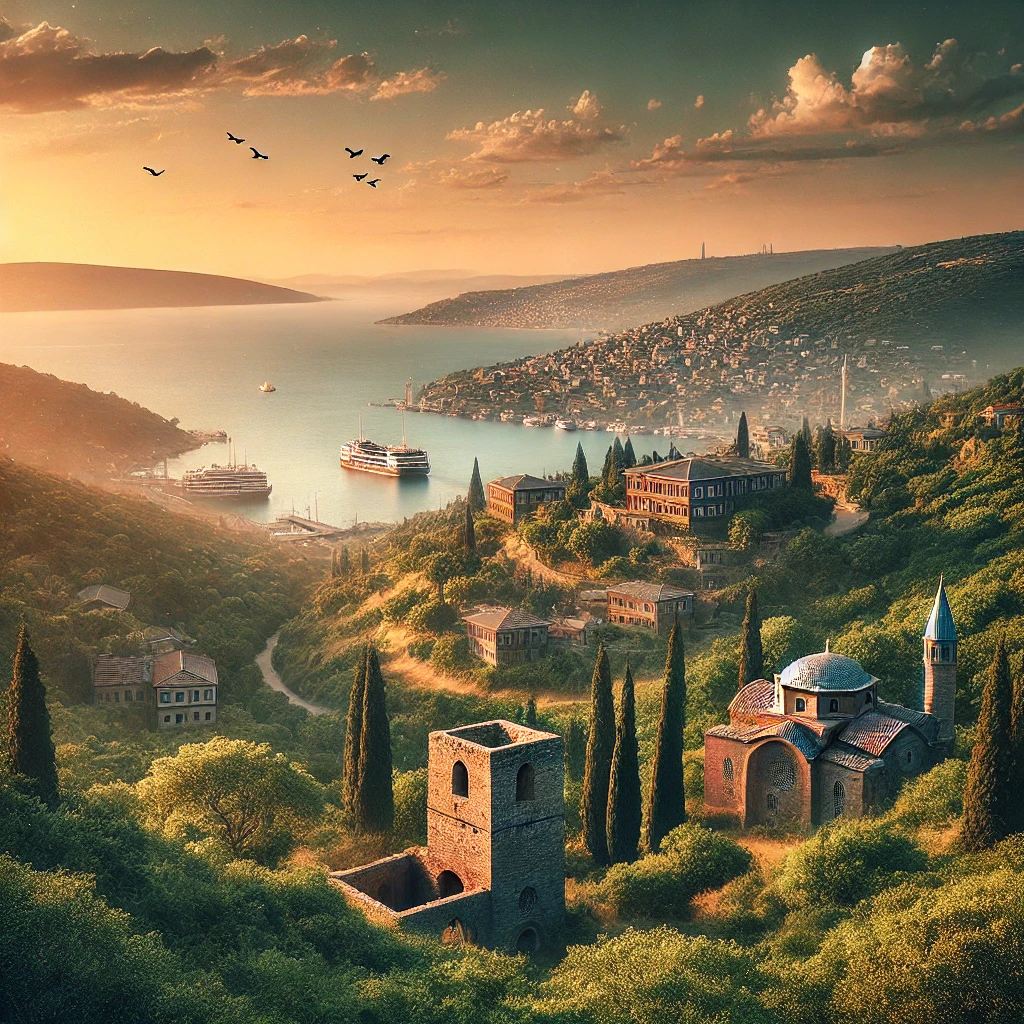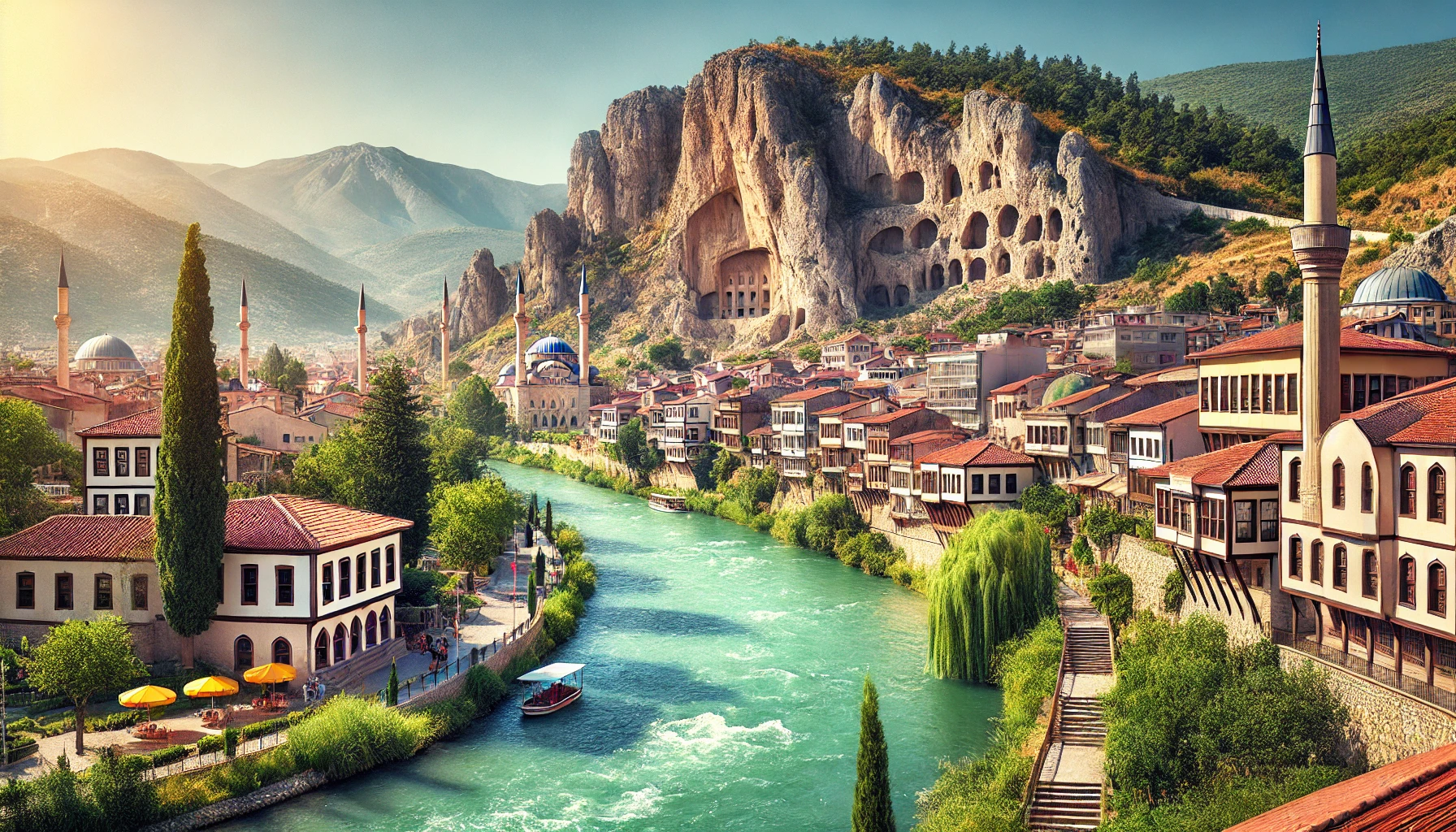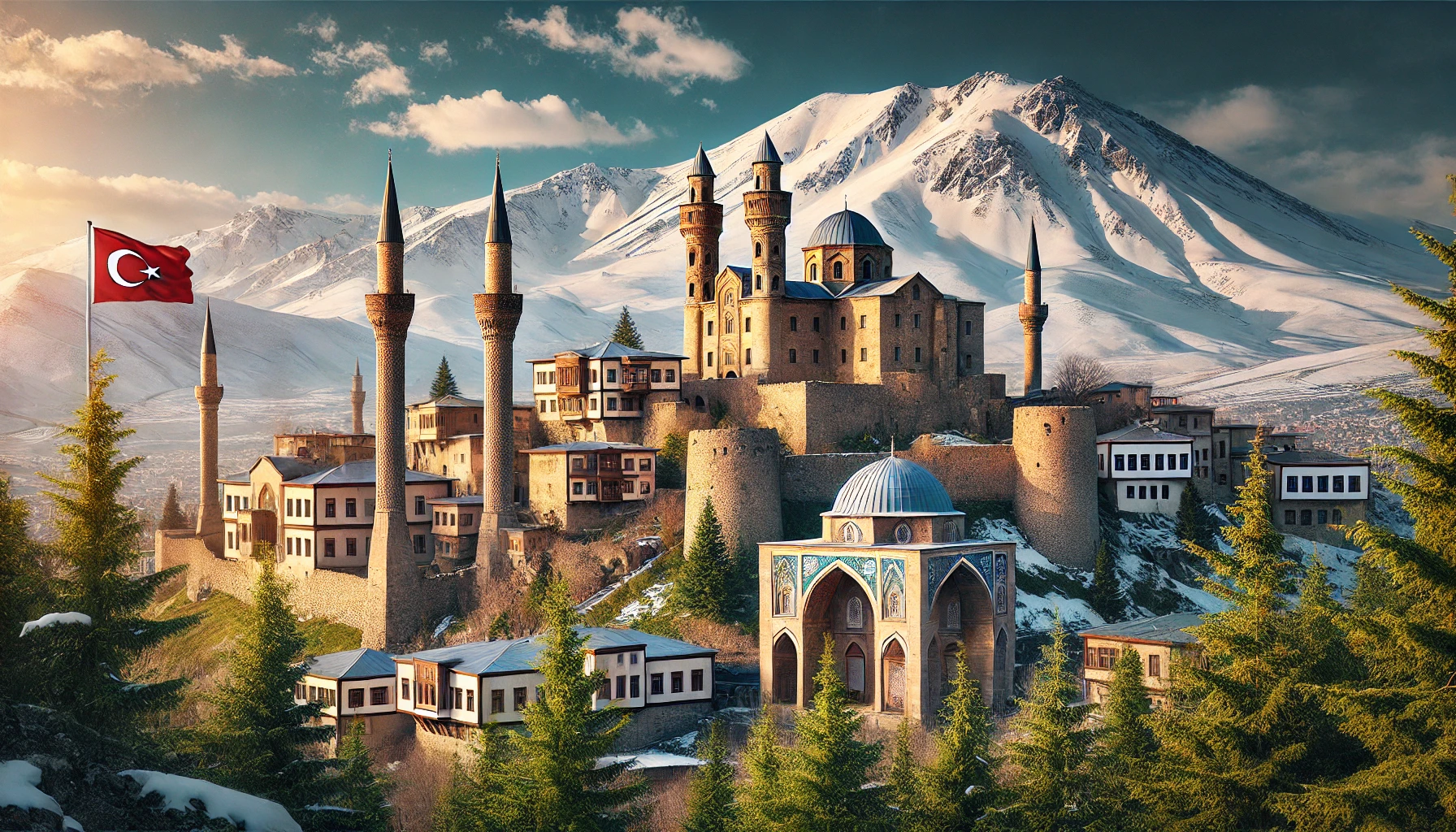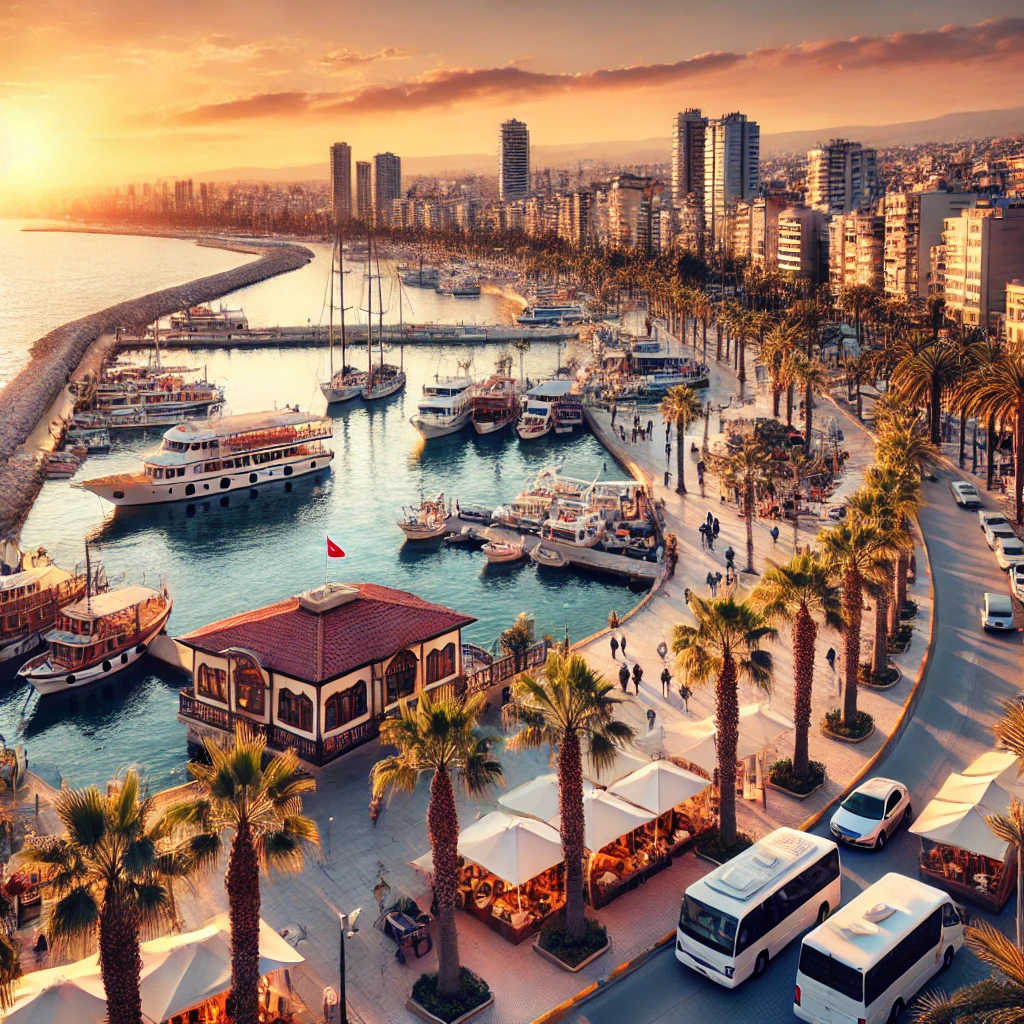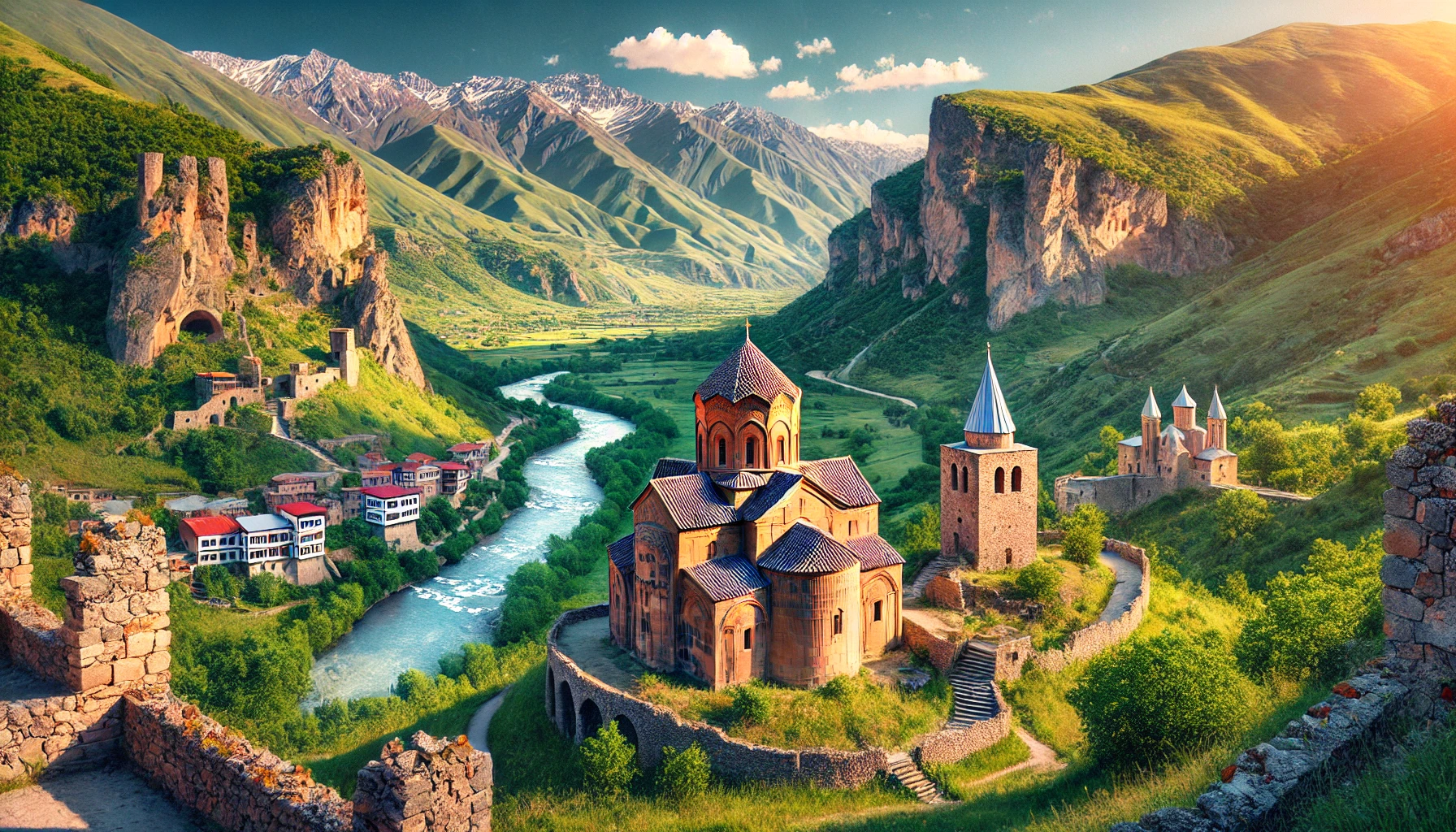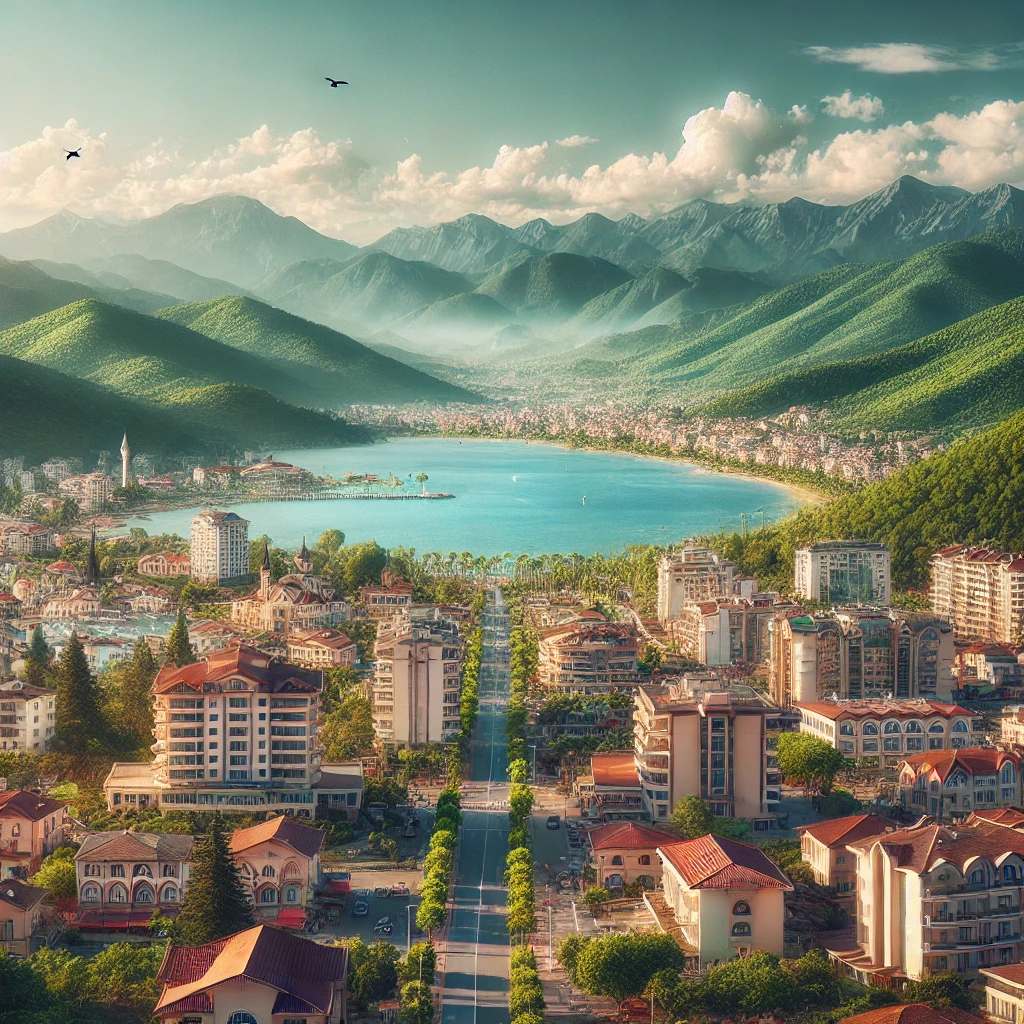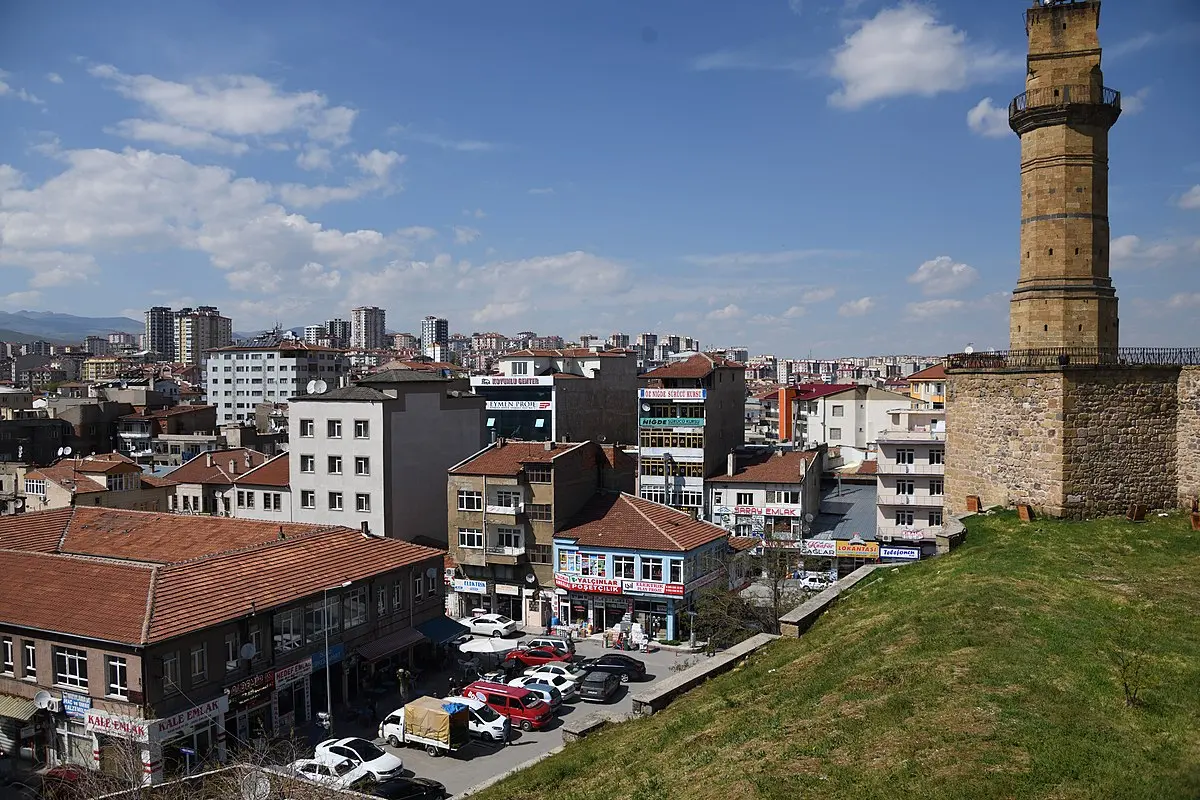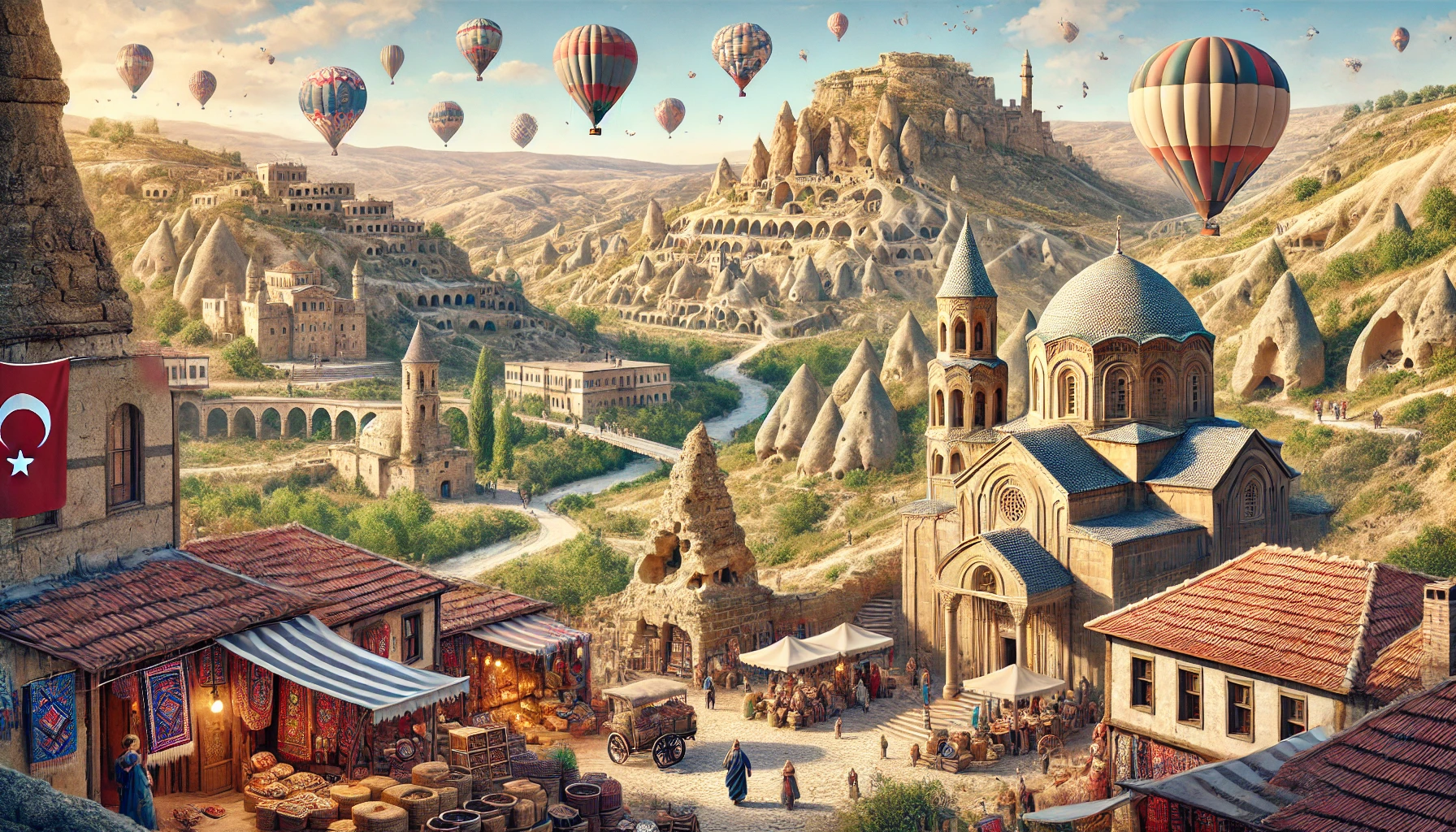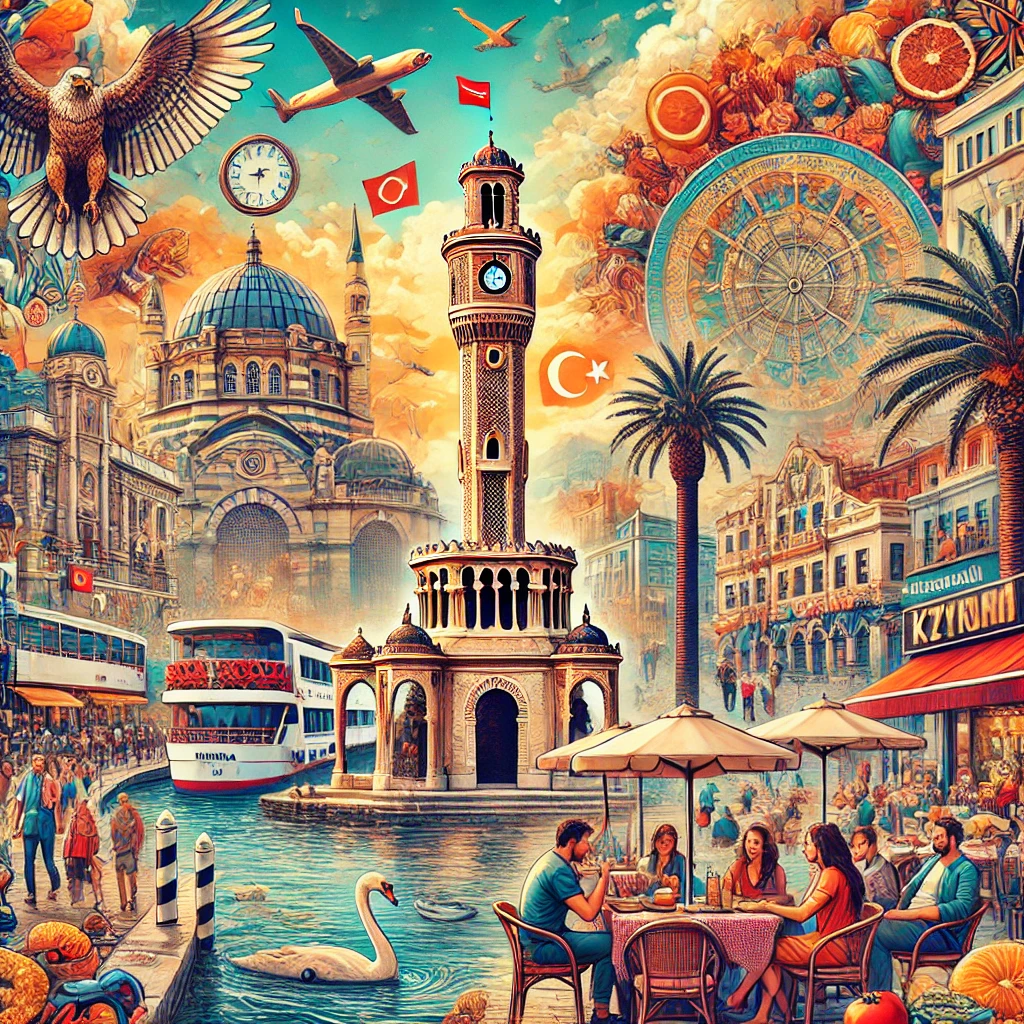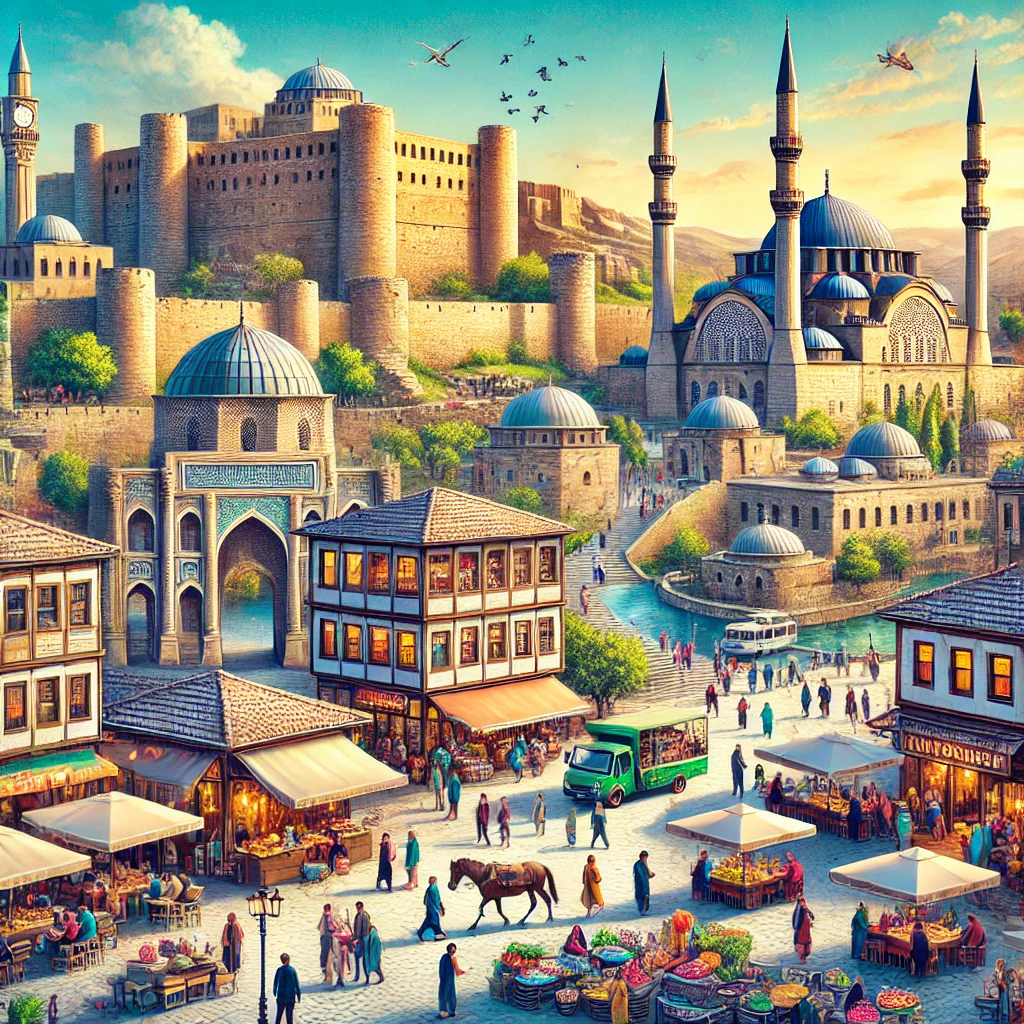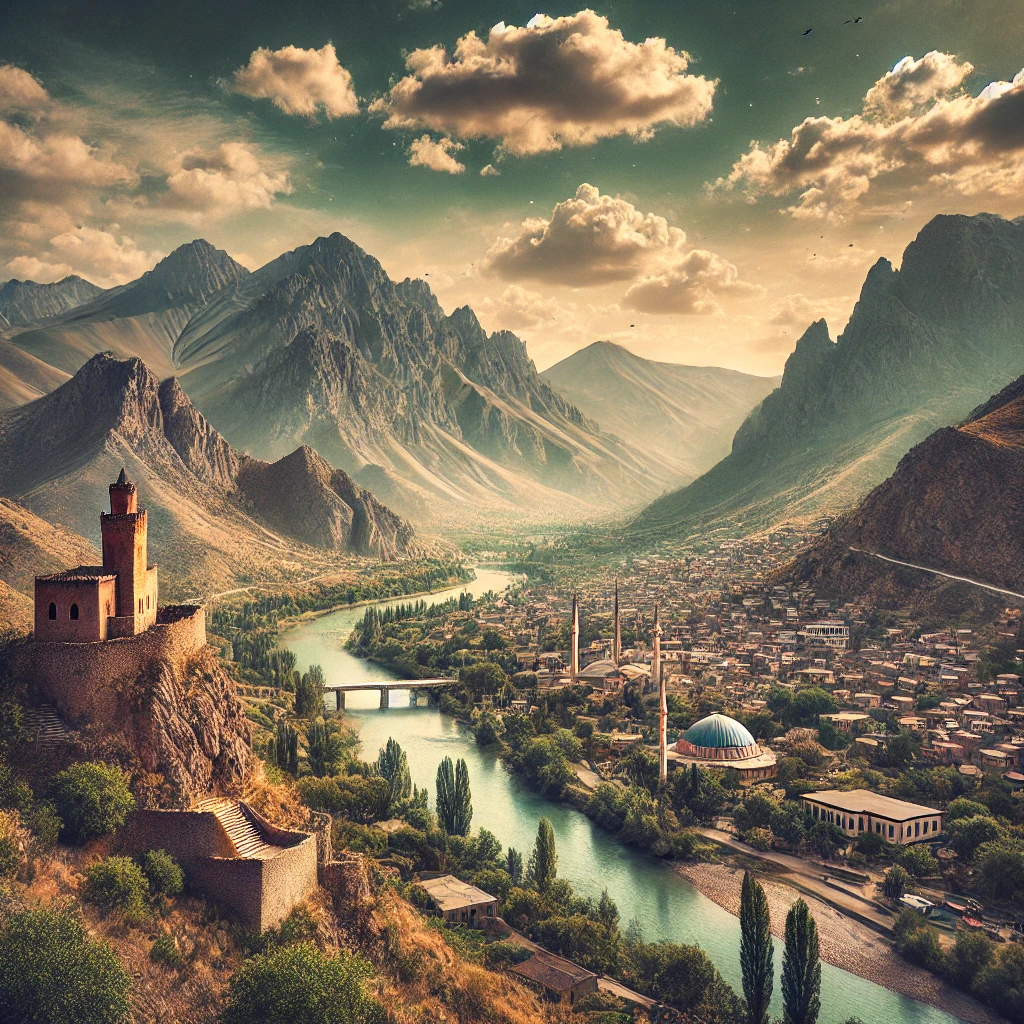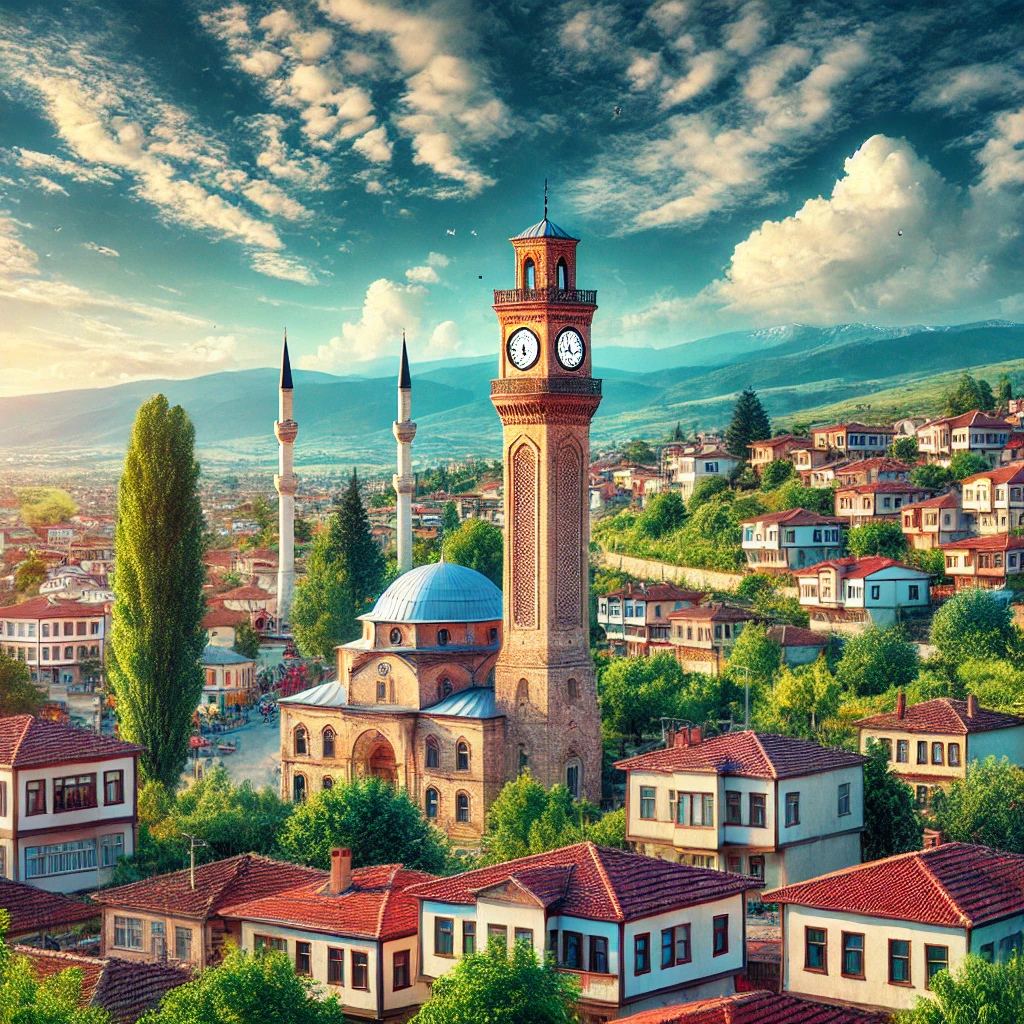Isparta: The City of Roses
Isparta, a charming city nestled in western Turkey, is renowned for its fragrant roses, rich history, and vibrant culture. As the seat of Isparta Province, it boasts a population of 247,580 (2022) and sits at an elevation of 1035 meters. Known as the “City of Roses,” Isparta offers a blend of historical intrigue, natural beauty, and modern amenities, making it a must-visit destination for travel enthusiasts. This article explores the various facets of Isparta, from its historical significance to its cultural landmarks and natural attractions.
A Historical Overview of Isparta
Roman Era
Isparta’s historical roots trace back to its Roman origins, where it was believed to correspond to the ancient city of Baris in the Roman province of Pisidia. This connection highlights Isparta’s long-standing significance in the region. The city later became part of the Eastern Roman fortress known as Saporda and appeared in Muslim sources as Sabarta. Despite the shifting historical narratives, Isparta’s Roman past remains a vital part of its identity.
Byzantine and Seljuk Periods
Conquered by the Seljuk Turks in 1071, Isparta’s strategic importance continued through the late 13th century when it became part of the Hamidid dynasty. In 1381, the city was sold to Ottoman Sultan Murad I, marking the beginning of its integration into the Ottoman Empire. This period saw the arrival of Muslim refugees from the Balkans, who introduced rosewater production, earning Isparta its enduring nickname, the “City of Roses.”
Modern Era
Isparta’s modern history includes significant events such as the tragic crash of Turkish Airlines Flight 452 in 1976 and Atlasjet Flight 4203 in 2007. Despite these tragedies, the city has continued to grow and thrive, becoming a vibrant hub of culture and education, thanks in part to the presence of Süleyman Demirel University.
The Cultural Heritage of Isparta
Ancient and Religious Sites
Kutlu Bey Mosque (Ulu Camii)
The Kutlu Bey Mosque, also known as Ulu Camii, stands as Isparta’s oldest building. Built in 1429 by Kutlu Bey, a general of Sultan Murad II, the mosque was severely damaged in the 1914 earthquake but was restored in 1922. It remains a significant symbol of Isparta’s religious and architectural heritage.
Firdevs Bey Mosque
Constructed in 1561, the Firdevs Bey Mosque (also known as Firdevs Paşa Camii or Mimar Sinan Camii) is attributed to the famous architect Sinan. The mosque, along with the neighboring Bedesten (market hall), was renovated after suffering damage in the 1914 earthquake. It is a testament to the city’s resilience and architectural prowess.
Aya Payana Church
The Aya Payana Church, a Greek-Orthodox church built in 1750, is one of the few remaining churches in Isparta. Although it fell into ruin after 1923, the roof was re-covered in 1999, and plans for further renovation are in place, preserving a crucial part of the city’s diverse religious history.
Isparta Museum
The Isparta Museum is a treasure trove of artifacts, including Early Bronze Age vessels, Late Archaic steles, and Anatolian dresses. The museum provides a fascinating glimpse into the region’s rich historical and cultural tapestry.
The Natural Beauty of Isparta
Lake Kovada National Park
Lake Kovada National Park, a popular tourist destination, showcases Isparta’s stunning natural beauty. The park offers a serene environment for hiking, bird watching, and picnicking, making it a perfect getaway for nature enthusiasts.
Eğirdir Lake
Located near Isparta, Eğirdir Lake is another natural gem. The lake’s crystal-clear waters and scenic surroundings attract visitors seeking tranquility and outdoor activities such as fishing, swimming, and boating.
Rose Gardens
Isparta’s rose gardens are a sight to behold, especially during the blooming season. The city is famed for its rosewater production, and a visit to the rose gardens offers a sensory delight, with the fragrance of roses filling the air.
The Modern Face of Isparta
Education and Youth
Süleyman Demirel University has played a significant role in shaping modern Isparta. The influx of students from diverse backgrounds has brought a youthful vibrancy to the city’s conservative fabric, fostering a dynamic and progressive community.
Ispartaspor: The Heart of Local Sports
Isparta’s football team, Ispartaspor, competes in Group 7 of the Turkish Regional Amateur League. The team is a source of local pride and community spirit, bringing together residents to support their home team.
Economic Activities
Carpet Weaving
Carpet weaving is a traditional industry in Isparta, with the city’s handmade carpets being renowned for their quality and craftsmanship. This art form continues to thrive, contributing to the local economy and preserving cultural heritage.
Rosewater Production
Rosewater production is another cornerstone of Isparta’s economy. The knowledge brought by Bulgarian refugees in the late 19th century has blossomed into a thriving industry, with Isparta’s rosewater being highly sought after both locally and internationally.
Tourism
Tourism is becoming an increasingly important revenue source for Isparta. The city’s rich history, cultural landmarks, and natural beauty attract both local and international visitors. Biblical tourism, in particular, is gaining traction, drawing visitors interested in exploring the historical and religious significance of the region.
Climate and Geography
Climate
Isparta experiences a hot-summer Mediterranean climate (Köppen climate classification: Csa) or a temperate continental climate (Trewartha climate classification: Dc). Winters are chilly, rainy, and often snowy, while summers are hot and dry. The lakes around the city have a moderating influence on the climate, making it a comfortable destination year-round.
Geography
Located near a fault line, Isparta is prone to earthquakes. The city’s elevation at 1035 meters provides stunning views of the surrounding landscape, with its proximity to lakes and mountains offering numerous opportunities for outdoor activities and exploration.
Sights and Attractions
Historical Landmarks
Iplik Camii
Iplik Camii is another significant mosque in Isparta, showcasing the city’s rich Islamic architectural heritage. The mosque’s intricate design and historical importance make it a must-visit for those interested in the region’s religious history.
Atatürk Monument
The Atatürk Monument stands as a tribute to Mustafa Kemal Atatürk, the founder of modern Turkey. It is a symbol of national pride and a popular spot for both locals and tourists to pay their respects.
Süleyman Demirel Statue
The statue of Süleyman Demirel, a prominent Turkish statesman and former President, honors his contributions to the city and the country. It serves as a reminder of Isparta’s role in shaping modern Turkey.
Parks and Recreational Areas
Şehitler Parkı
Şehitler Parkı is a peaceful green space in Isparta, perfect for leisurely strolls, picnics, and family outings. The park offers a serene environment amidst the hustle and bustle of the city.
Culture and Tourism Building
The Culture and Tourism Building is a hub of cultural activities and events in Isparta. It hosts exhibitions, performances, and workshops, providing a platform for local artists and performers to showcase their talents.
Clocktower
The Isparta Clocktower is an iconic landmark in the city, symbolizing the passage of time and the city’s enduring legacy. It is a popular meeting spot and a great place to start exploring the city’s historical and cultural sites.
Conclusion
Isparta, with its rich history, vibrant culture, and natural beauty, offers a unique and captivating experience for travel enthusiasts. From its ancient mosques and churches to its serene lakes and rose gardens, the city provides a perfect blend of historical intrigue and modern charm. Whether you’re interested in exploring its historical landmarks, enjoying its natural attractions, or immersing yourself in its cultural heritage, Isparta promises an unforgettable journey. So pack your bags and set off to discover the enchanting “City of Roses.”
Serene Lakes in Isparta
Latest Update: Aug 4, 2024
Your Content Goes Here
TAGS: Atatürk Monument, Aya Payana Church, City of Roses, culture, Eğirdir Lake, Firdevs Bey Mosque, hidden gem, historical sites, Iplik Camii, Isparta, Isparta attractions, Isparta carpet weaving, Isparta climate, Isparta Clocktower, Isparta geography, Isparta history, Isparta Museum, Isparta rose gardens, Isparta rosewater production, Isparta tourism, Ispartaspor, Kutlu Bey Mosque, Lake Eğirdir, Lake Kovada National Park, Roman era Isparta, rose gardens, Şehitler Parkı, Süleyman Demirel Statue, Süleyman Demirel University, things to do in Isparta, tourism, travel, Turkey
The Region of Isparta
A brief summary of the key points in this article.
Latest Travel Guides
Weather Today in Isparta, Turkey
Location: Isparta Province
Temperature: 6.73°C
Condition: Overcast clouds

